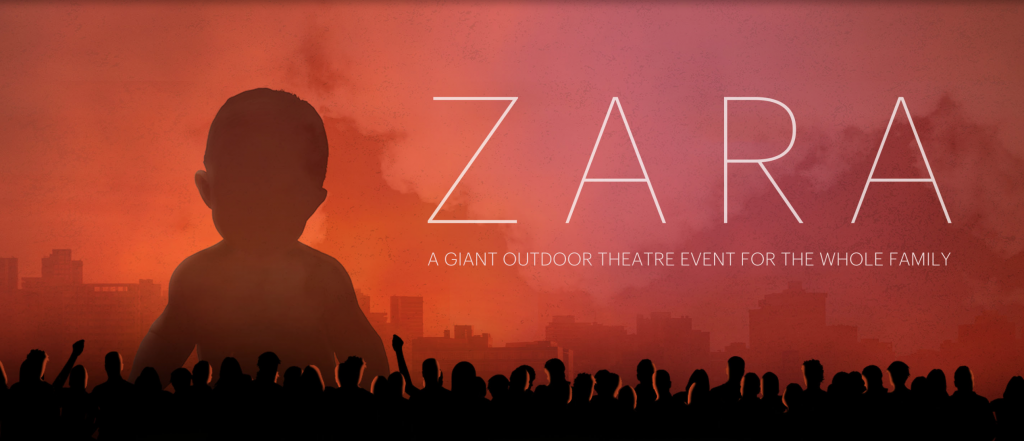Mind The Gap is a leading learning disability theatre company, situated in Bradford. It works at training potential actors, musicians and dancers in professional skill-building classes, while also supporting their physical and emotional needs. I was intrigued to work with Mind The Gap, after discovering some of the negative stigma that is associated with learning disability theatre, however it was a positive experience to see the company treat their students like actors in training, as opposed to a community project.
We were able to take part in the workshops alongside the students each week, in order to see how the main teacher would facilitate and build up a relationship with the students. We also ensured to spend our break times with them, making sure to get to know our students, as well as the other students in their environment. It was important for us to get to know them individually, as this allowed us to see how they acted outside of classes, and therefore understand their needs and disabilities better. We felt that by taking the initiative to converse with group members in a less formal setting, they would trust and respect us within classes. The students were happy to sit with us, or approach us to talk and ask questions. This made us feel welcome in their environment, and appreciated as volunteers. They were also excited to discuss the big project at that point, which was ZARA, and allowed us to observe and admire as they decorated set.

From observing the workshops, as well as getting to know other staff members, we saw that there was quite an informal relationship between the staff and students. From our feedback from Mind the Gap, I was told that I created a good relationship with one member of the company in particular. This individual joked around and could be immature during classes, but would respond better to a friendly guide in the right direction, as opposed to being told off. This indicates that I was able to read the situation and change my behaviour based on what I observed his needs to be.
How this experience can relate to teaching.
This was a co-facilitation project, designed to teach these adults various dramatic techniques, improving their acting ability. Each week, we would be sent a lesson plan from the group tutor, advising us on the topic for the session and the activities that she had already planned. From this, we would add additional activities we found to be suitable. Through “[…]managing the different social needs of the group[…]” (Balfour, M. 2016 p.155) we ensured that each activity planned could be altered if necessary. For example, some students struggled with their physical mobility at times, and others didn’t respond well to physical contact. We ensured to take these needs into consideration during the planning process, in order to be inclusive of each individual within the space.
We also ensured to include a range of activities, for different skill levels and learning types. “As students, our personality type makes us prefer certain ways of learning[…]” (Fizel R, 2011) therefore through our observation of the rest of the sessions, we began to understand how certain individuals reacted to different activities, and who may potentially need more support. Typically one facilitator would lead the main activity, while the other would go around the circle and assist where required. I enjoyed the co-facilitator role, as the 1-1 guidance allowed me to get know each student on a more personal level.
This experience influenced me in wanting to work with those who have learning disabilities, in the future. Within a school setting, I would like to get more experience in the SENCO role, through helping those with special educational needs.
Bibliography
Balfour, M. (2016) The art of facilitation: “T’aint what you do (it’s the way you do it)’. In: Preston, S. (2016) Applied theatre: facilitation: pedagogies, practises, resistance. London, Bloomsbury Metheun Drama. pp.151-164
Fizel, R. (2011) The Nine Types of Students. [internet] The Enneagram. http://www.fitzel.ca/enneagram/education/index.html [accessed 25/04/2020]
Mind The Gap (2020) Zara. [internet] http://www.mind-the-gap.org.uk/productions/zara/ [accessed 25/04/2020] (photo)